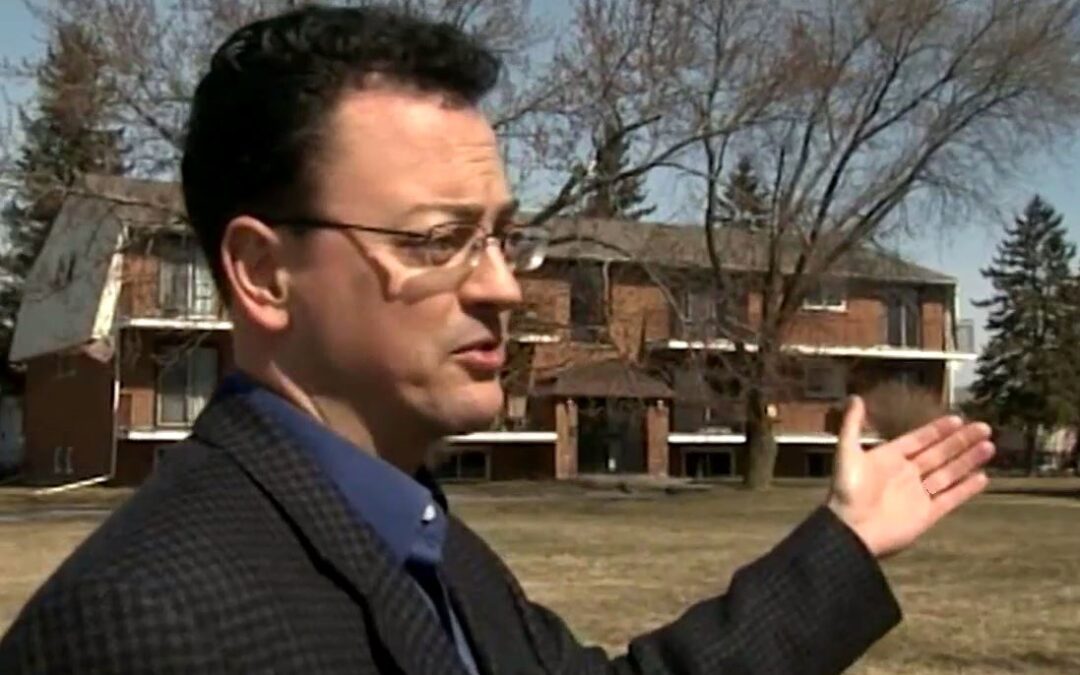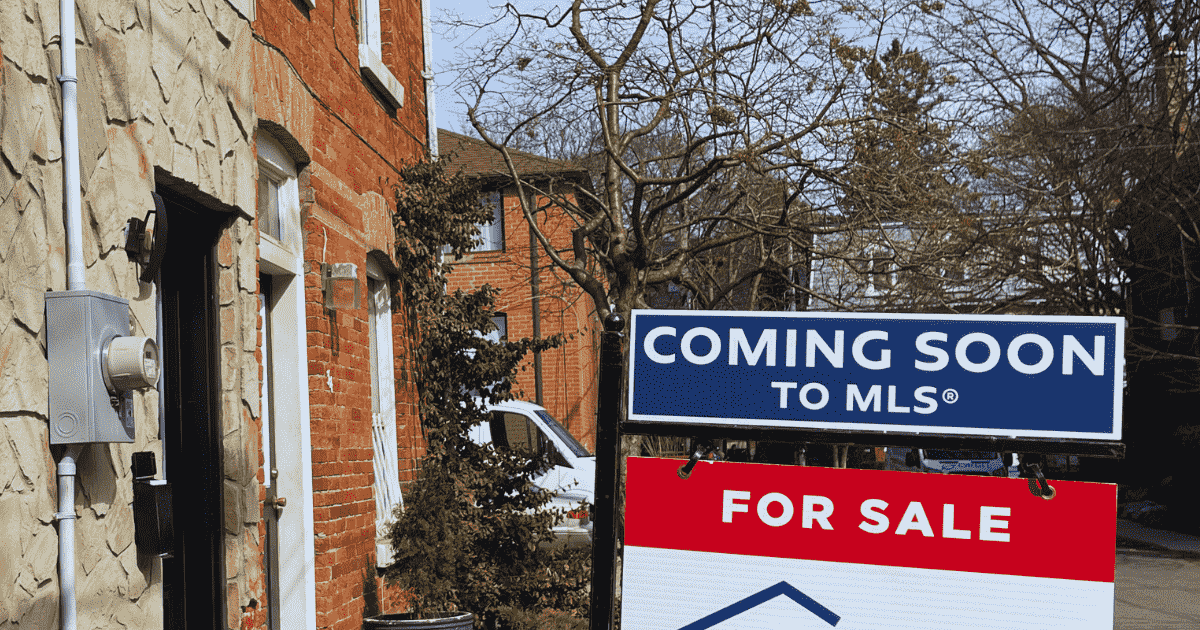Quinte Region Landlords Association (QRLA) members are concerned that some 2024 federal budget proposals may harm their ability to expand rental housing supply. The association represents about 300 housing providers supplying over 2000 rental housing units in the Quinte region.
QRLA president Robert Gentile says the group applauds the government for addressing the rental housing crisis and encouraging supply, but worries some measures may have unintended consequences.
Disclosing historical rents: ‘A prelude to removing vacancy decontrol’
He notes the requirement to disclose historical rents to new tenants as an example of more red tape on top of an already heavily regulated industry and that, as it is, many landlords leave the industry due to excessive regulations. He says he’s not clear on how historical rent information would be of use to tenants and worries it could be a prelude to removing vacancy decontrol (landlords’ ability to raise rents when a unit becomes vacant).
“Many landlords fall behind financially because the rent increase rules don’t allow them to keep up with rising operating costs. The only chance many landlords have to catch up is when there is a tenant turnover. Take away that ability, and you may trigger an exodus of small landlords who decide rentals aren’t worth the high risk and headaches.”
More concerns: Landlord disputes legal fund and capital gains tax
The QRLA is also concerned about the proposed Tenant’s Bill of Rights, and the $15 million legal fund to help with landlord disputes. “We have no issues with helping good tenants defend their rights with any bad-apple landlord,” Gentile says, “but what about the many mom-and-pop landlords who face financial ruin at the hands of bad-apple tenants abusing the system? Don’t they also deserve protection so they can keep providing rental housing? Many are not getting that right now.”
He points out that both sides have rights that should be protected, and both sides should expect a justice system that works.
Raising the capital gains tax is another concern the QRLA has, claiming it may act as a disincentive to small landlords investing in rental properties: “Many small landlords do not realize much cash flow owning rentals, and count on the eventual sale to realize a return on their time and risk, often years down the road. Some are counting on their capital gains as their retirement fund. Raising the tax may discourage people from providing rental housing.”
Gentile says the QRLA looks forward to dialogue with the federal government through industry partners to better understand the budget and its potential implications on landlords and rental housing supply.
















When will homeowners have the opportunity to rent their homes or cottages or parts of them as they please or need?
Government regulations and taxation on the revenue from short term rentals, never mind long term sharing of our property stifles home & cottage ownership, plus equity capital accumulation by the middle classes.
Tenants have few responsibilities, which are almost impossible to enforce.
The government needs to stop creating disincentives to earning money by families.
No wonder Canada must borrow $trillions of foreign capital.
Well said. The government wants to deal with a rental crisis, but amputating the suppliers who provide! Sounds like they are really working hard on this.
They are driving the small investors out of the rental market to make room for big investors. The new capital gain proposal will be taking money from the middle class and not the rich at $250,000. The government wants to put their hands in the pocket of middle class who take the risk and the hassel to create retirement funds for themselves. The disparity between the classes will increase if the small investors who make up the middle class are shoooed out of the market.
The current Federal government cannot be trusted to put policy in place that actually leads to solutions relating to the ongoing housing affordability and supply crisis throughout Canada. What they are good at is trying to tax the middle class more to fund their self serving policy decisions. The only way the housing crisis is going to be solved in the short to medium term is by all levels of government working together with the housing industry to find ways of increasing supply and by funding affordability. This Federal government has continually demonstrated that it cannot work intelligently and cooperatively with the Provinces to solve this crisis. Thus, it does what it knows best. Throw money at the problem at the hope of gaining popularity in the polls and to increase taxes on the middle class to help pay for those promises.
Thank you, Jim.
Couldn’t have said it better myself.
With CPP and OAP likely to disappear eventually, how are we who have no pensions supposed to survive? As it is the clawbacks of the same are unfair to those who have paid in.
Mom and Pop landlords provide better housing for a bargain in most scenarios.
The Feds really must give their heads a shake.
not sure where you got the idea from that CPP will disappear. Maybe read up on their financial situation. There is plenty of money there and it’s really a success story. I don’t know what OAP is, I also think there is nothing wrong with a clawback (only on OAS, not on CPP), If I get CPP and OAS and pull 100 k out of my RRSP/RRIF every year, why shouldn’t it be taxable and/or clawbacked ?